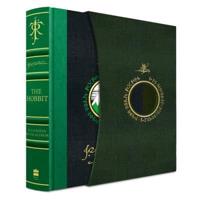Publisher's Synopsis
The present volume serves to emphasize the important connection, so generally now lost sight of, between the plebiscite of 1870 in France and the war with Prussia which so speedily followed. Under the administration of Ollivier, which promised an attractive extension of popular liberties, it will be remembered, the plebiscitum of the Roman Constitution was borrowed, to give an air of popular approval to the strongly attacked Imperial regime by taking the sense of the people through universal suffrage as to the continuance of the Imperial authority on its then existing basis. Of the web of chicane and corruption by which the election was brought out an overwhelming triumph for Imperialism, MM. Erckmann-Chatrian give a clearer and more impressive notion in this book than could be obtained from entire volumes of parliamentary reports and whole files of newspapers. But they make it especially clear how the people were persuaded to return a majority of "yeses" so enormous as to make it impossible to account for it on the theory of mere corruption and chicane. It is evident from this narrative that the people were made to believe that the Empire meant peace abroad and freedom from foreign complications then threatening, as well as tranquillity at home, and that therefore one of the profoundest instincts of twenty millions of peasantry was utilized in order to be subsequently betrayed."









